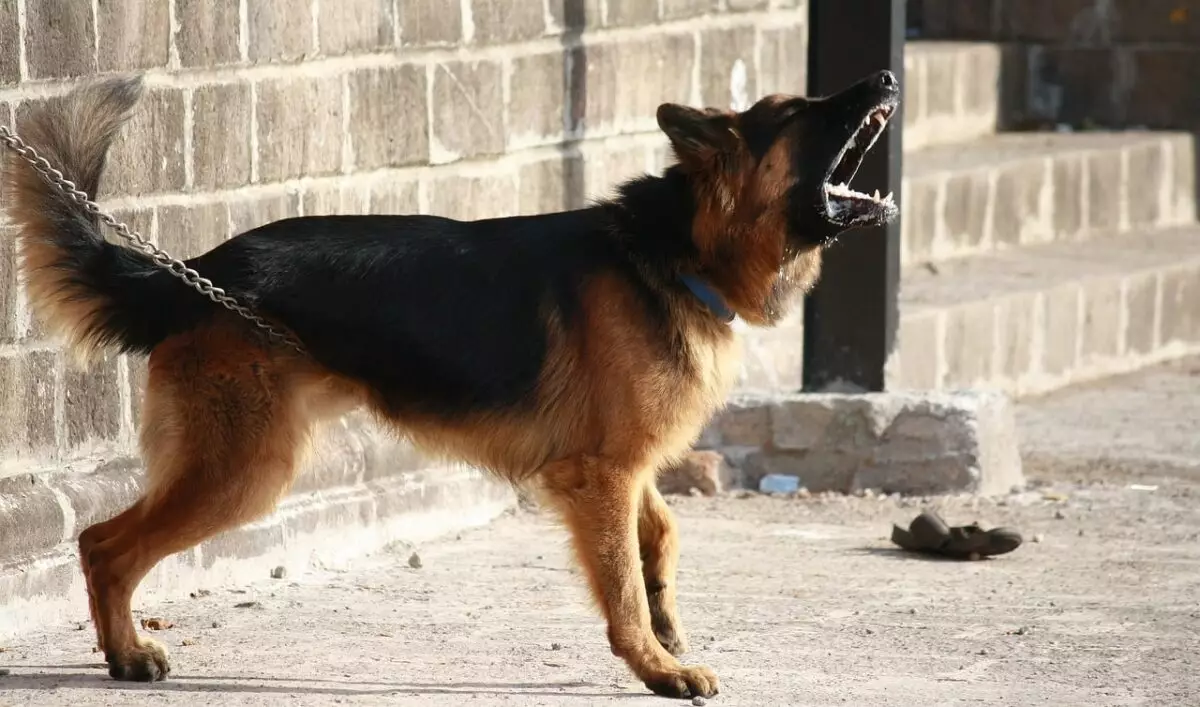Finding a dog to serve as both a companion and a protector requires careful consideration of various features, including loyalty, strength, trainability, and innate protective instincts. Some dog breeds naturally excel at these roles, making them ideal guardians for families and homes alike. This article delves into some of the most reliable breeds recognized for their protective qualities and the dynamics they can bring to a protective partnership.
German Shepherds are perhaps one of the most iconic breeds when it comes to protection. Known for their intelligence and versatility, they have been utilized extensively in both police and military roles. Their eagerness to learn makes them highly trainable, so commands resonate quickly during training sessions. A German Shepherd’s devotion to their family is unparalleled, and they often exhibit wariness toward strangers, instincts that enhance their effectiveness as protectors. Beyond their robust physicality and sharp bark, their alertness means that these dogs are always on guard and ready to respond to any indications of potential threats.
Rottweilers are celebrated not just for their impressive stature but also for their loyal disposition. Historically bred for herding and guarding tasks, they come equipped with an innate ability to protect their domain. This breed requires structured training and socializing to ensure they channel their protective instincts appropriately. With strong muscles and a commanding presence, Rottweilers send a clear message to potential intruders while remaining deeply affectionate with their families. Their emotional intelligence enables them to bond closely with their owners, ensuring that their loyalty extends further than merely watching over the house.
Belgian Malinois have gained a formidable reputation as protection dogs, especially in police and military environments. Their agility and speed make them not only effective in dynamic situations but also able to adapt to various environments. This breed is known for being intensely focused, requiring regular mental and physical stimulation. Their protective instincts are combined with an understanding nature, making them playful companions when the workday ends. Families seeking a devoted protector should consider the high energy and training needs of the Belgian Malinois, as these traits are fundamental to their effectiveness in protection roles.
Sleek and muscular, Doberman Pinschers strike a formidable figure while also being remarkably affectionate. They are naturally alert and have a sharp intellect, which increases their responsiveness to training. Dobermans are known to exhibit protective behavior both towards their space and their family members. While their intimidating appearance may deter criminals, they nurture a loving bond with their human companions. The requirement for regular exercise is essential for them to maintain their mental and physical health, illustrating that a balanced approach is crucial in keeping this protective breed harmonious in both unique roles.
Bullmastiffs stand out due to their gentle nature juxtaposed with their imposing physicality. Originally bred to guard estates against poachers, they carry an innate protective instinct alongside their naturally calm demeanor. Despite their power and strength, Bullmastiffs are affectionate companions and are often seen in homes with children, showcasing their duality—an effective protector countered by a loving presence. Their loyalty to family members creates a strong bond, allowing them to maintain calmness in the face of threats, which can be incredibly valuable for a family guardian.
Giant Schnauzers may not top everyone’s protective dog list, but they offer incredible qualities that make them effective guardians. Highly intelligent and trainable, they thrive when engaged in obedience tasks and find joy in being close to their families. Their energetic demeanor means they require plenty of physical activity, and they shine in environments where they are allowed to showcase their strength and loyalty. Though they may not be the first breed considered for protection roles, their intelligence and natural instincts ensure they rise to the occasion when needed.
Other notable breeds include Akitas, Cane Corsos, Great Danes, Rhodesian Ridgebacks, Boxers, Tibetan Mastiffs, and Alaskan Malamutes. Each of these breeds brings a unique set of qualities to the protective role, including territorial instincts, agility, and loyalty. The qualities of these breeds range from the majestic Akita’s dignified stance as a wary guardian to the Alaskan Malamute’s strength and pack mentality channels into protective behavior.
When choosing a protective dog, it is essential to remember that training and consistent attention are vital to cultivating a successful relationship. These breeds are not merely tools for protection; rather, they embody a commitment to partnership built on mutual respect and affection. Adequate care, love, and attention will ensure that your chosen companion is not just a guardian but a integral, loving member of your family.
Selecting the right breed for protection requires understanding their capabilities and compatibility with your lifestyle. With each protective breed boasting distinct traits, it is essential to assess individual needs and how they will integrate into your household. Whether you align with the loyalty of these guardians or their strong yet loving presence, the commitment to providing care is one that reaps profound rewards.

